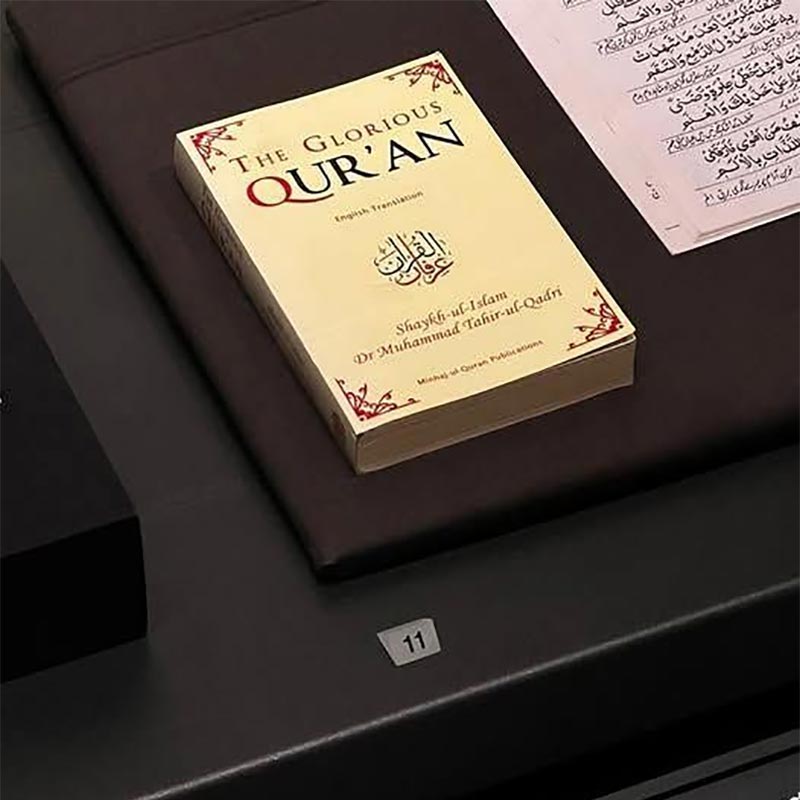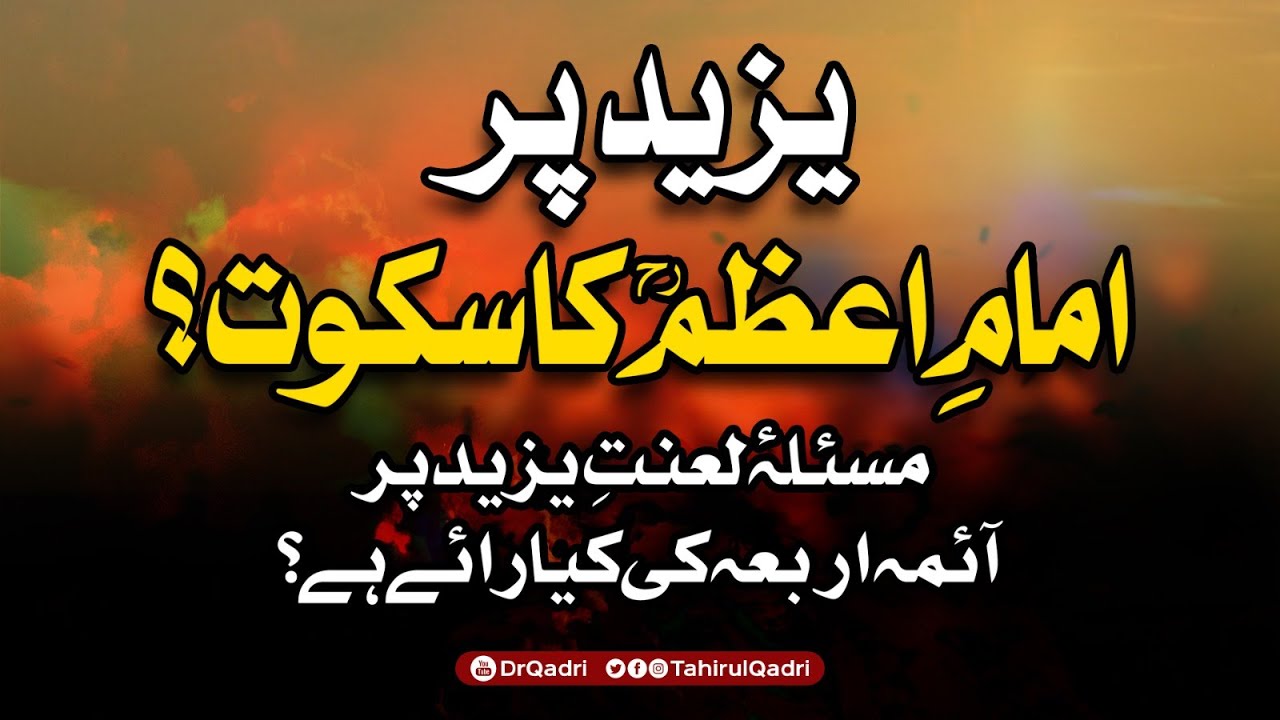
Shaykh-ul-Islam’s English Quran Translation F ..
Nov 27 - 2025

As a society, we have collectively adopted the attitude of remaining stagnant rather than striving to learn and improve. Instead of evolving our understanding, we cling rigidly to our own views. With the ever-increasing flood of information on the internet and social media, extremism and rigidity are, unfortunately, on the rise. We are growing increasingly resistant to listening to others, understanding different perspectives, or reevaluating our own beliefs with an open mind.
Islam teaches us moderation, balance, tolerance, and patience. However, in contrast, we spend our time actively seeking opportunities to criticize and attack others, whether in family matters, social and cultural interactions, or religious and political affairs. make it better.
Recently, a clipped portion of an interview with the head of a religious-political party surfaced online. The clip, recorded on the mobile phone of one of his own followers, showed him justifying his refusal to curse Yazid by stating that our Imam, Imam Aʿzam Abu Hanifa (RA), maintained silence on the matter. In response, many people began sharing video clips of Shaykh-ul-Islam Dr. Muhammad Tahir-ul-Qadri on social media, in which he explicitly stated that Imam Abu Ḥanīfah was not silent on Yazīd but clearly supported cursing him.
What should have happened is that people examined the research of Shaykh-ul-Islam, reviewed the historical record, and read his monumental and unparalleled work on Yazīd’s disbelief and the permissibility of cursing him. They should have asked: What exactly was the position of Imam Aʿzam and other leading Imams on this matter? Which of them cursed Yazīd? Who declared him a disbeliever? What are the supporting arguments? What are the references? What is the basis for these rulings? But instead, we remain committed to our usual course, Instead of turning to books and research, we focus solely on countering what Shaykh-ul-Islam has said, regardless of the evidence.
As a result, yesterday an old clip of Shaykh-ul-Islam Dr. Muhammad Tahir-ul-Qadri resurfaced and went viral on social media. In it, he stated that Imam Aʿzam’s stance on cursing Yazīd was silence, but that his own personal belief was that Yazīd was a disbeliever. This statement was based on the level of research he had conducted up to that point. Even in that same video, he explicitly affirmed his personal stance regarding Yazid's clear-cut disbelief.
A few years ago, while authoring his historic book on the disbelief of Yazid, Shaykh-ul-Islam shared with the undersigned that he had always questioned how Imam Aʿzam’s stance could have been silence. He said, “My heart was never at ease with that notion. I continued to research and investigate, and finally, by the grace of Allah Almighty, I was guided to the truth. I found in the classical texts the position of Imam Aʿzam and other leading Imams—clearly affirming the legitimacy of cursing Yazid.” This is explained in full detail, with extensive references, in his book Al-Qawl al-Matīn fī Amr Yazīd al-Laʿīn (The Strong Verdict on the Case of Yazīd the Accursed).
In this book, Shaykh-ul-Islam writes that Imam Aʿzam Abū Ḥanīfah (may Allāh be pleased with him) and Imam Mālik both held the view that it is permissible to curse Yazīd, either implicitly or explicitly, even mentioning his name directly. Imam al-Shafiʿ held that Yazid should be cursed by name explicitly rather than implicitly, implying that implicit curses do not fully convey the deserved condemnation. The fourth great Imam, Ahmad ibn Hanbal, not only affirmed cursing Yazid but also declared him a disbeliever.
Throughout this entire discussion and clarification of Imam Aʿzam’s position, Shaykh-ul-Islam has never altered his own stance. He initially cited a view attributed to Imam Aʿzam based on earlier sources but later, through further research, presented a corrected view backed by strong evidence. The key here is to understand the issue itself, rather than targeting individuals for criticism.
We should study Shaykh-ul-Islam’s book and memorize the evidences he has provided. Only then can we adopt a clear, firm, and well-argued position on Yazīd, one that rises above political expediency, doubt, or vague uncertainty.
(By: Muhammad Farooq Rana)